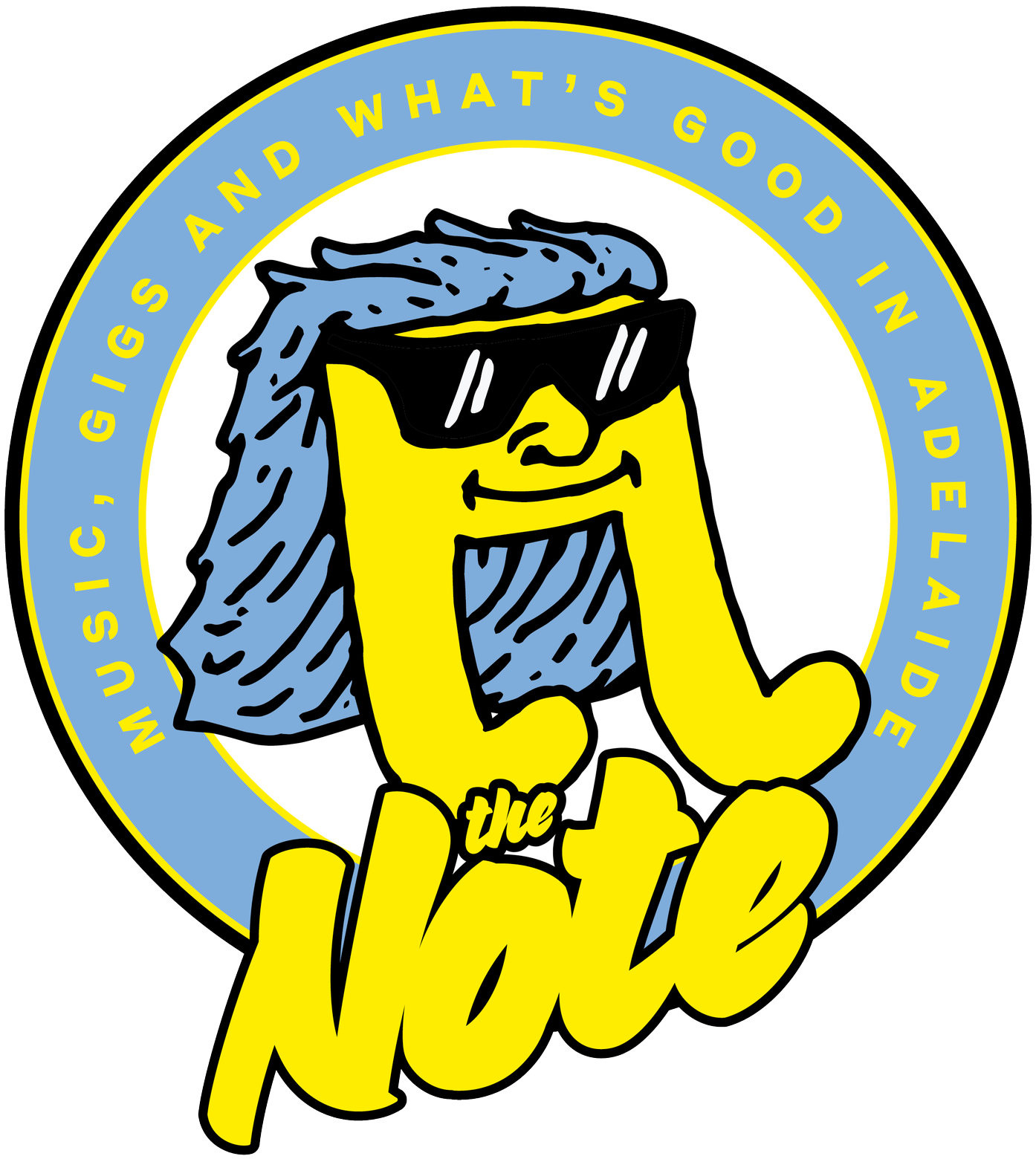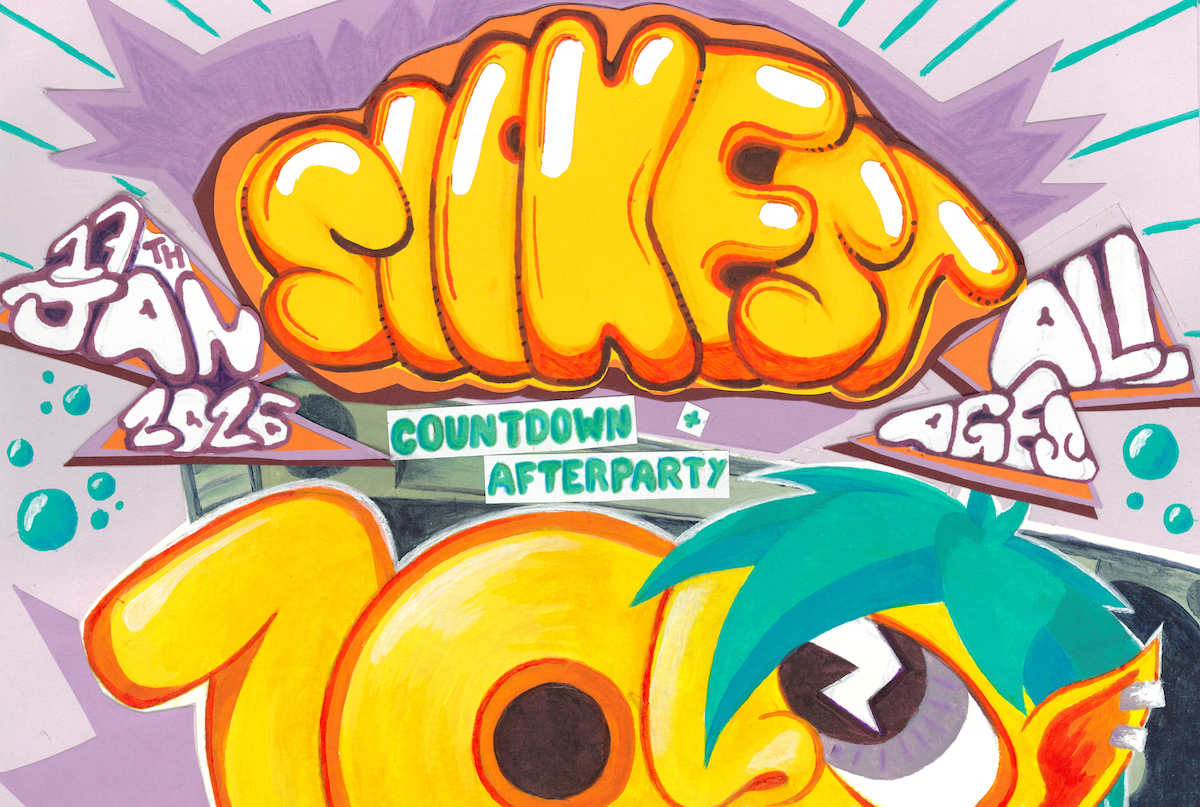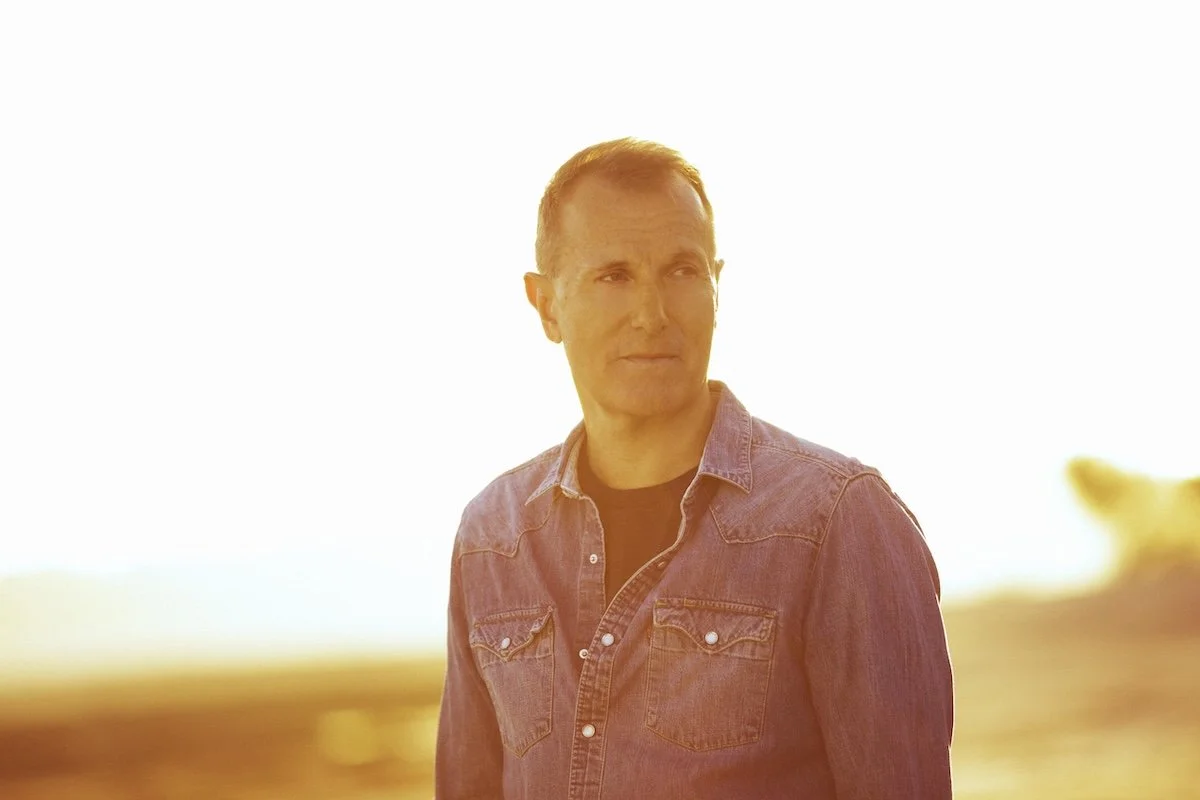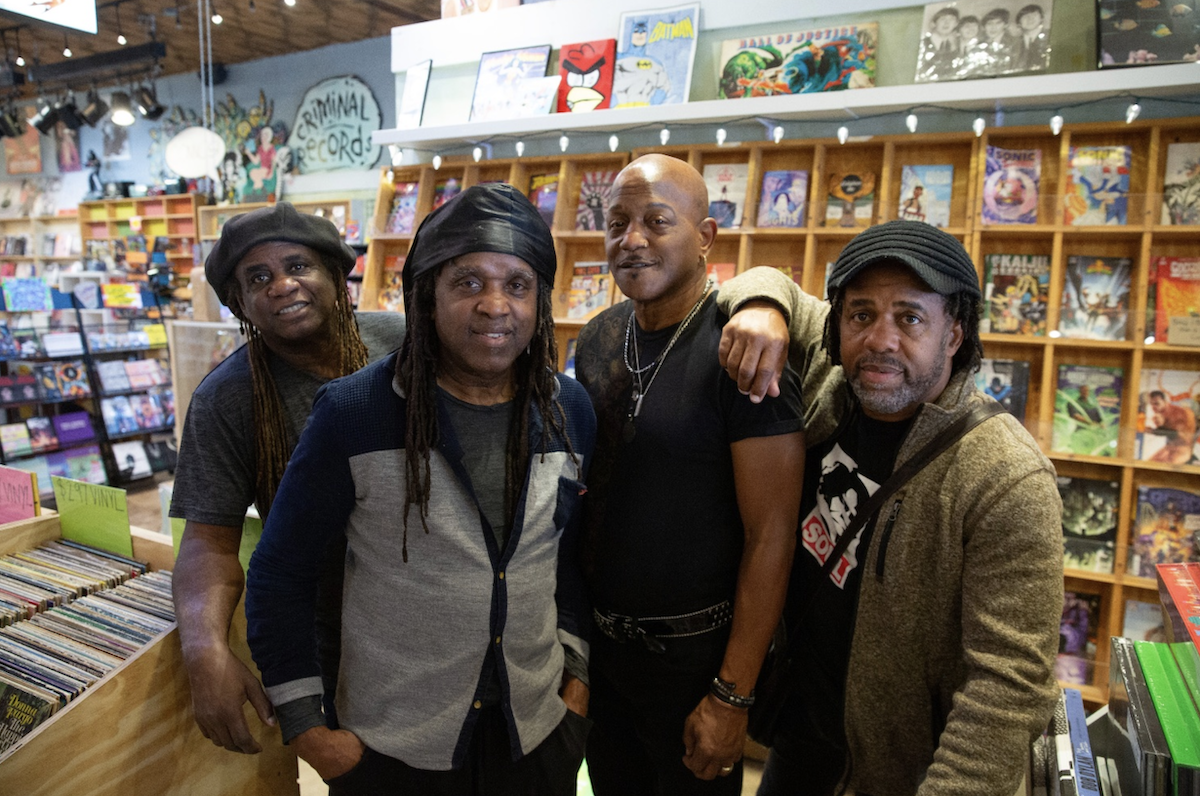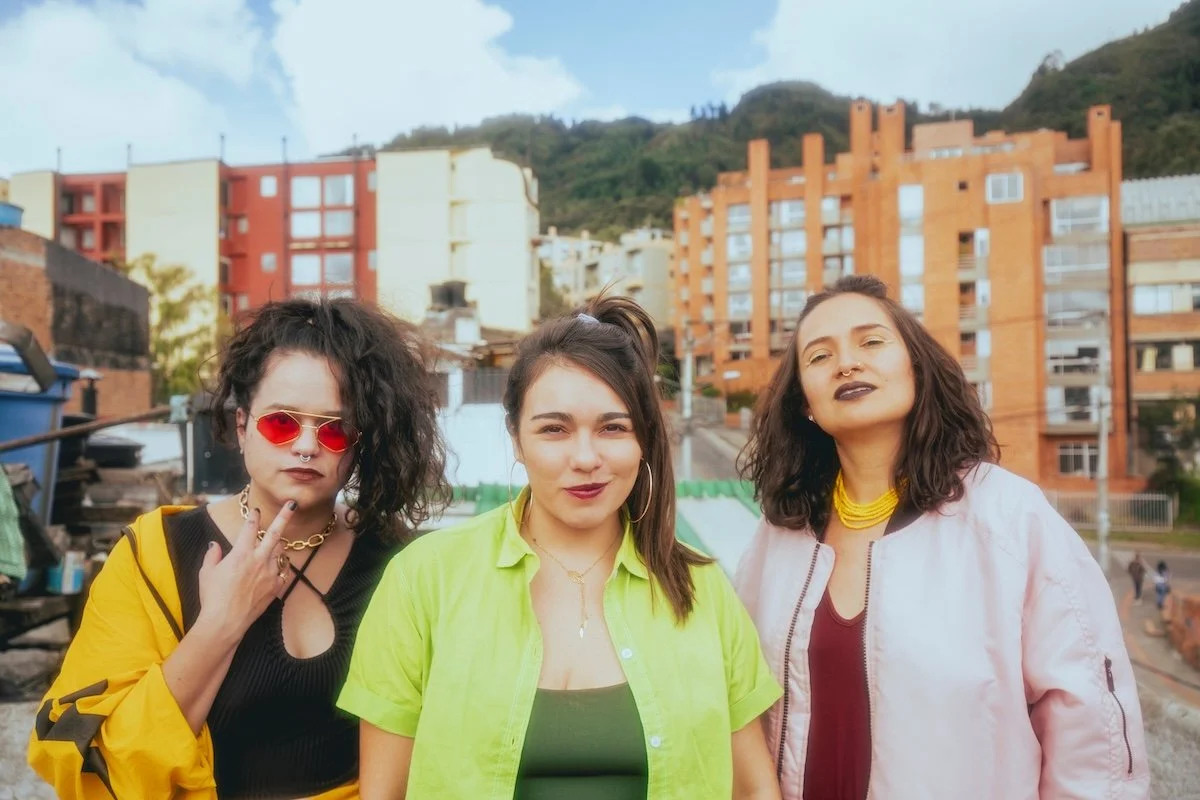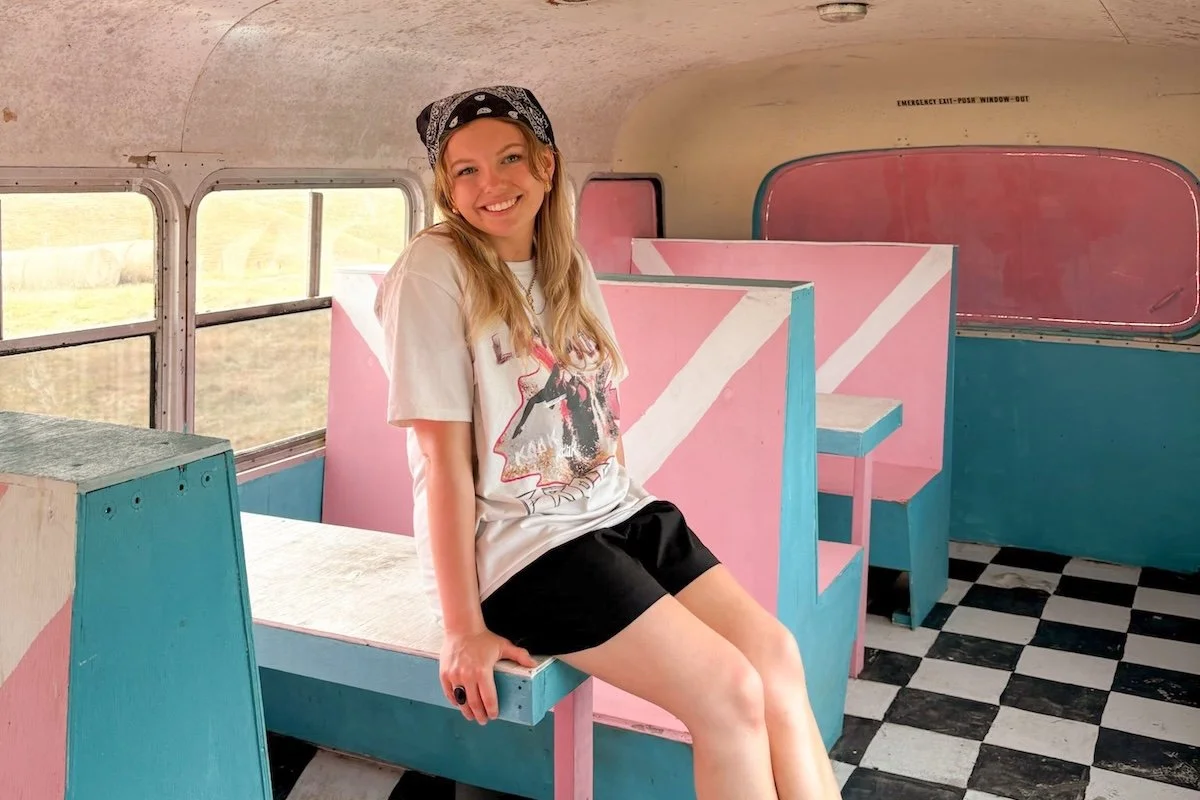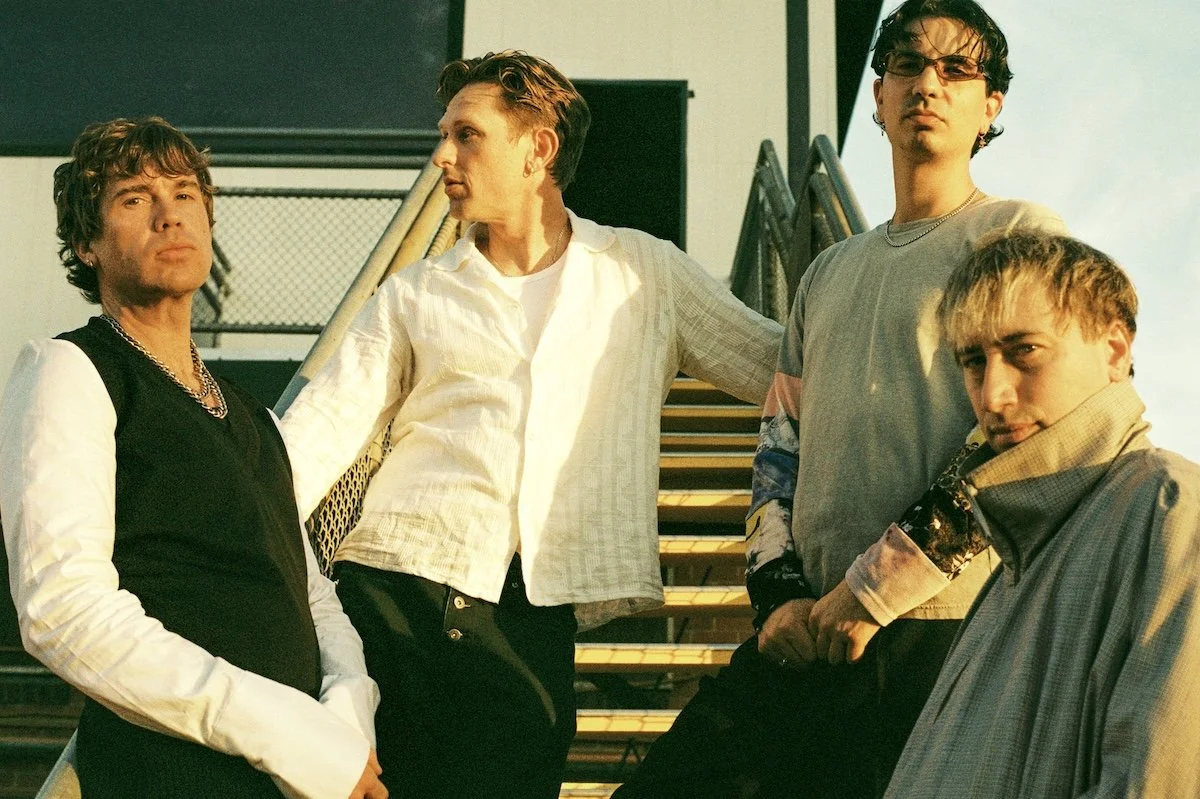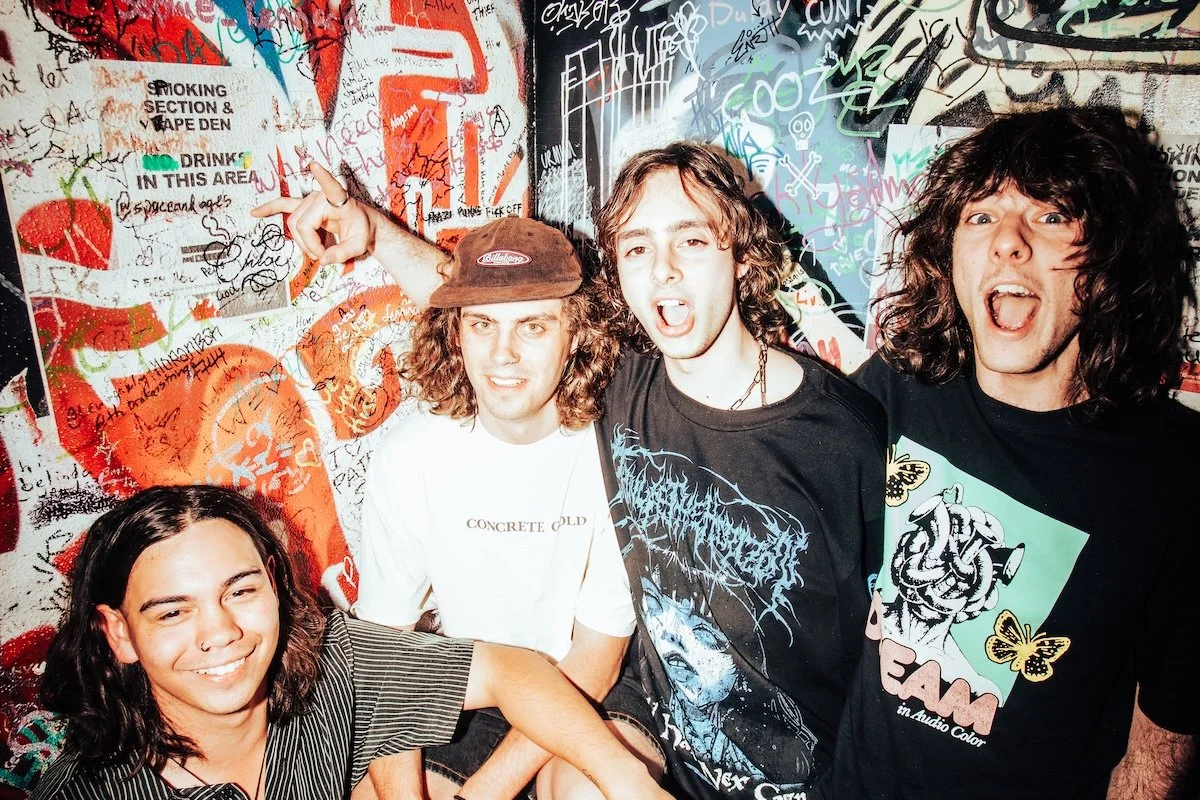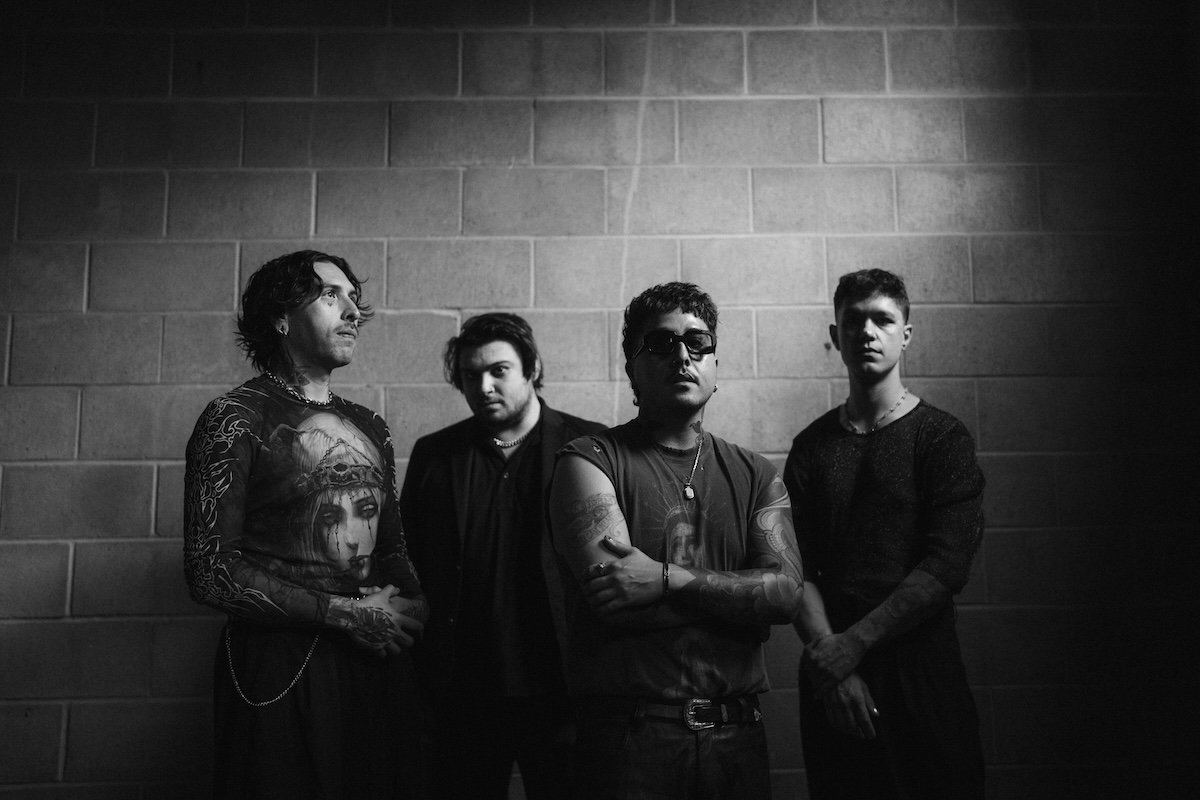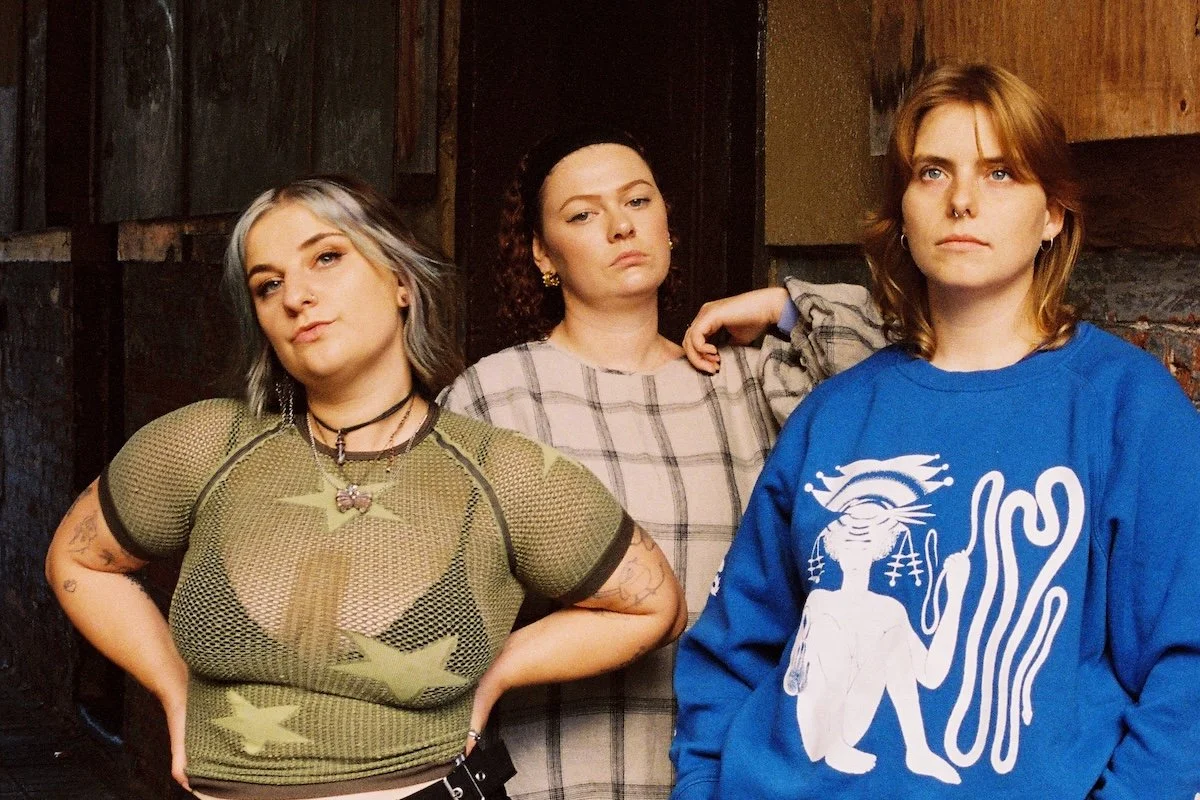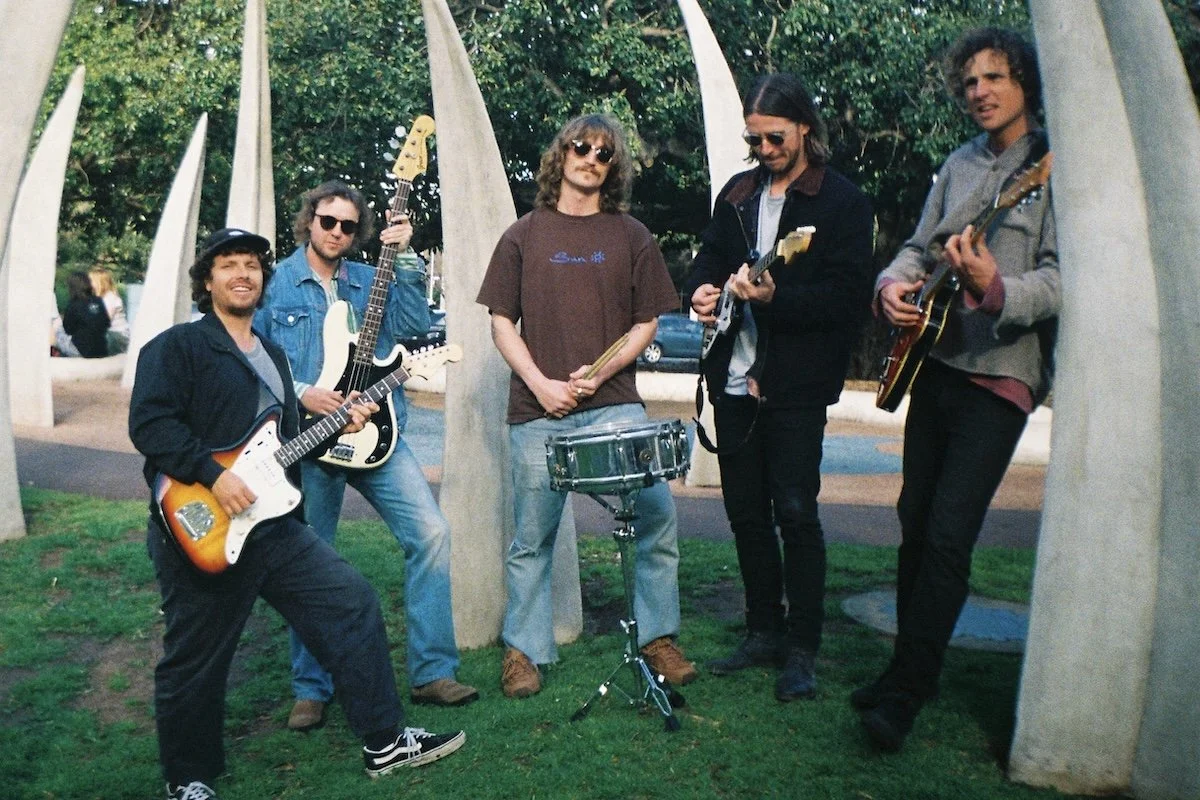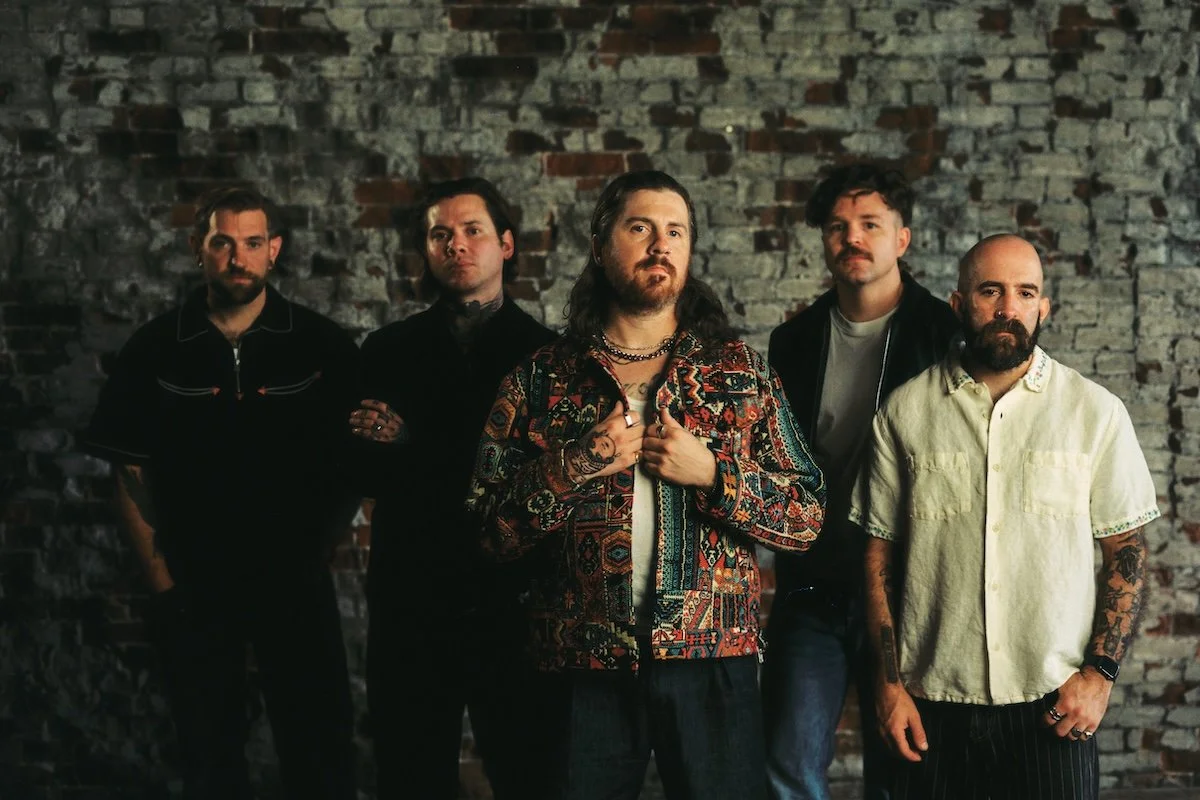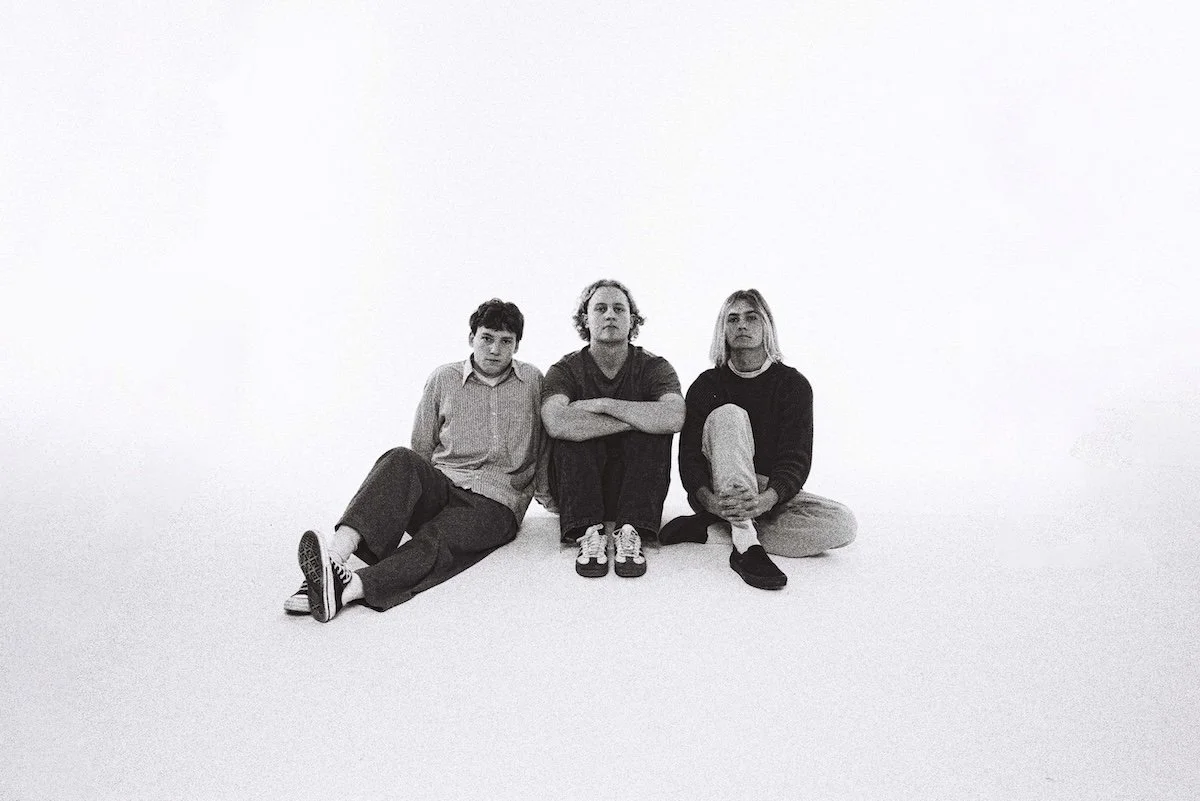Rising Star Rona.
Rona. connects the sounds of the desert with the industrial noise of Naarm to create dance-forward tracks that’ve seen her perform at Boiler Room. Ahead of Spin Off, the Kaytetye producer, activist and freshly minted Forbes 30 Under 30 inductee opens up about finding solace in electronic music and the power of storytelling.
Words by Zara Richards | Image by Benny Scott
You’re here for Spin Off in July! What should we expect from your set?
I’m in a writing period, so I hope to bring some new songs and potentially a couple of edits into the mix. I’m really excited! I think the lineup is incredible. The last time I played in Adelaide was Heaps Good and it was so much fun – the crowd was really vibing.
Your sound blends storytelling, Country and culture with meditative dance beats. How did this style develop?
I was born with a thing called strabismus and some other health complications that meant I couldn’t see very well. I had some operations, but my family say that because I [struggled to see], my ears developed really strongly. When I moved to Melbourne, I found solace in electronic music. I felt it was really powerful, moving and emotive [and] it was something I knew I wanted to be a part of creating. That was in 2014. For me, I like making music in those moments where you feel like you have something to tell. I find it the most cathartic, meditative experience when you’re creating from a place of emotion.
You kicked off this year with a debut Boiler Room set. Tell us how that day unfolded for you.
I was shitting myself during the seven weeks leading up to it! [Boiler Room] was something I wanted to take seriously because it’s not an opportunity many mob have had. I had a big vision for what I wanted to create. I wanted to share the myriad of resistance that our mob have been holding since 1788.
I cannot even describe the energy of the day and our collective as we came together – it was fucking incredible. I felt so supported. The beauty of those spaces, for me, is about the music, the energy everyone brings and your relationship with it. My mob was having the best time, so I was too. It was really special.
You included a sample of a speech from prominent Gumbaynggirr activist, Gary Foley. Why did you want to use this in your set?
I really wanted to honour the place I was in. At the start of the set, there was a song I put together that acknowledges Kaytetye Country, that I’ve spent most of my life on Arrernte Country and that I’m on Bunurong Country. That [was] important [to include], but I wanted to continue acknowledging the resistance held across the East Coast. Uncle Gary is not from here – he’s Gumbaynggirr. But he’s held the frontline of the resistance here and many protests over the last few decades, so he felt like the right person to be centred in that moment.
The speech is from 1982 protest in Brisbane [sourced with Foley’s permission from the Aboriginal History Archive at Victoria Uni]. Everything he said in it is exactly what we’re saying now. Yes, our movements have gotten traction. But we’re still in similar places... and non-Indigenous Australia is still not shifting power and resources to us and recognising our sovereignty.
It was really special to share that and something I’ve always wanted to do – acknowledging the history that has come before us and the work of our older generations, ancestors and Elders. I feel really proud of that moment.
You dropped ‘Be My Medicine’ in March. What inspired this track?
I started this song in July 2022 in Kaytetye Country [when] I was out bush recording some language videos with people who hold knowledge [in that area]. I woke up at like 5am, and the birds were chirping and the sun was about to come up. I had this energy of recognition that I was exactly in the right place at the right time. That space was healing. It all sounds a bit woo-woo, but I had this moment where I was like, ‘This is all happening because I’m leaning in and I’m open to it’. I [recorded] the sound of the birds and the sound of my swag. I wrote a version a couple of months later in Alice Springs, sitting on my mum’s back verandah, and then re-did most of it in Melbourne. So, it has roots that are deeply tied to the desert but it’s a bit of a banger [and] more dance-forward than a lot of my other music, which I think is informed by Melbourne.
You’re also the founding CEO of Common Ground and director of First Nations Futures. Both organisations are pivotal in shaping the future of Australia. Tell me about your roles there.
I think everything comes back to story for me. Common Ground is an organisation that I founded in 2019. The work is centred around creating space for mob to tell stories their way as a form of healing and resistance. We do a lot of capacity building, amplifying voice and supporting mob by shifting power resources for them to tell stories on their Country and hold [them] strong for future generations.
First Nations Futures is an outgrowth of my experience at Common Ground. There’s a big story of wealth here that we don’t acknowledge in Australia – a story of land theft, dispossession and stolen labour. Now, we also have this system of philanthropy that creates inequity and harm. It’s really challenging for mob to access resources on the ground to drive our own self-determined futures. First Nations Futures was created to respond to that as an economic justice organisation.
Your work at these organisations was recognised recently when you were named on the Forbes 30 Under 30 Asia list. How does that feel?
It’s a huge achievement, something I never expected. I feel really honoured to be named in the Social Impact category. I think it’s a testament to the amazing work of the teams I work with across Common Ground and First Nations Futures and the impact we’re having collectively.
What’s next for you musically?
I’ve got a few tracks from Boiler Room that I’m trying to bring out as soon as I can. Then, I’m working on my next EP! Beyond that, Spin Off. I was always excited about this part – Splendour being cancelled is really upsetting, but this particular gig was always going to be a little bit magic. I love the space. Then I’ll start to plot some international DJ action!
See RONA. play at Spin Off this July 19. Tickets on sale now via Moshtix.
